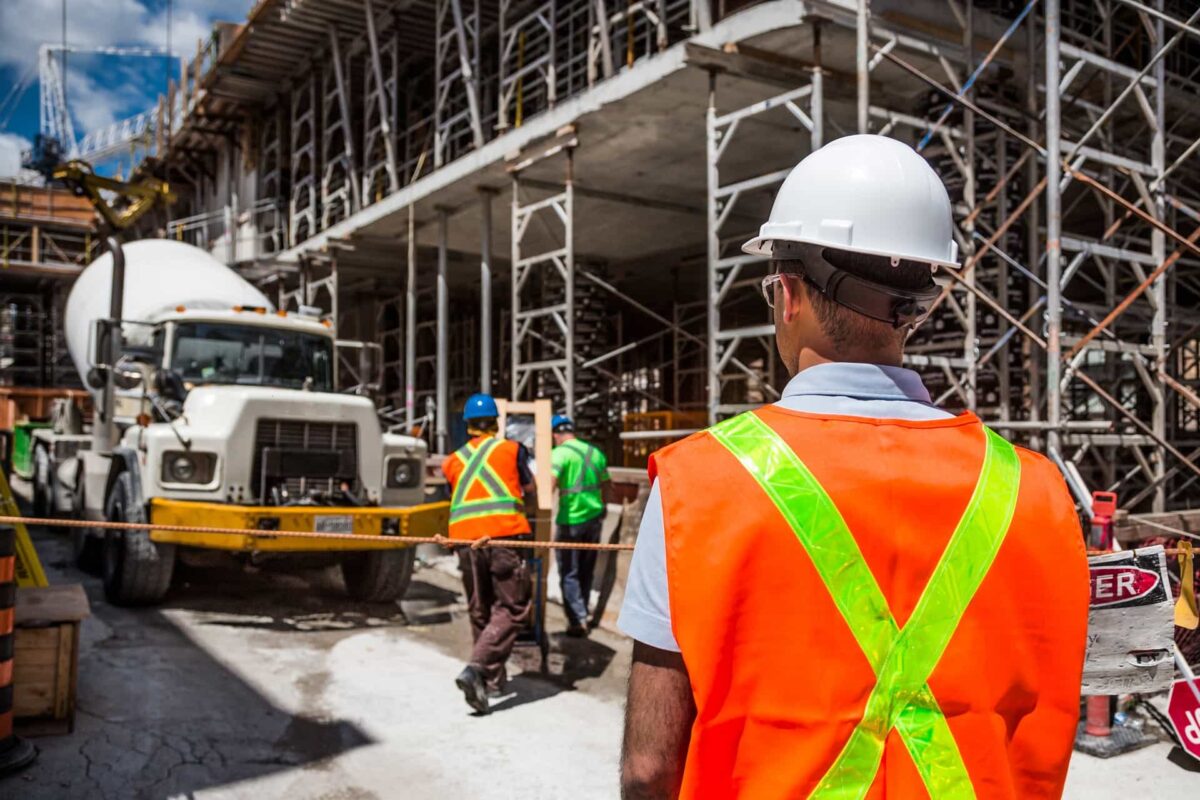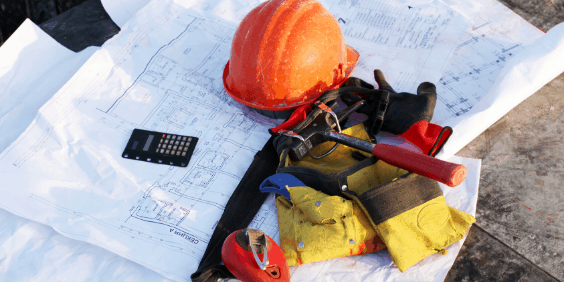Litigation or arbitration: Considering legal proceeding options for your construction project

When disputes arise on a construction project, they cannot always be resolved without a formal legal action. There are two main types of legal proceedings – litigation and arbitration.
For a related blog, see The importance of a project-wide strategy for dispute resolution.
Litigation before a judge
A litigation matter is one where the dispute is advanced before the Courts. A construction dispute will usually be started by either a Statement of Claim if an action is advanced or a Notice of Application if an application is advanced. Both an action and an application have different procedural rules which guide their process before the parties obtain a final decision in Court.
An action will ultimately culminate in a trial where a judge will decide all outstanding issues between the parties. In contrast, an application is brought for a narrower set of issues, though it will also usually be determined by a judge. In Manitoba, construction disputes are generally litigated before the Manitoba Court of King’s Bench.
Arbitration before an arbitrator
An arbitration matter is one where the dispute is advanced before an arbitrator, who is privately compensated by the parties, outside of the Courts.
An arbitrated construction dispute will usually be commenced by a Request for Arbitration. Since an arbitration is a private process, an arbitrator will have the jurisdiction to decide whether they can hear all issues put before it by the parties.
An arbitration will usually proceed in a comparable way to a private trial before the arbitrator. Unlike a trial before the Courts, the parties will usually negotiate the procedural steps to get to the arbitration and the process will be more flexible.
Consider your dispute resolution options at the onset
It is useful to consider how you might decide which legal proceeding might be a better option for you at the outset of a construction project. Because an arbitration is a private legal proceeding, all parties need to consent to arbitrate. Litigating disputes is therefore the default. If a party is interested in arbitrating a dispute, it is best practice to include an arbitration clause in their contract. That arbitration clause might be detailed and include the process to be followed for the entire arbitration, from how to choose an arbitrator to the final hearing of the matter, or it might be much simpler and simply refer the matter to arbitration.
Considerations when deciding between litigation or arbitration
When deciding whether to include an arbitration clause in your construction contract, it can be helpful to consider the following differences between litigation and arbitration:
Confidentiality
A litigation proceeding is public. Unless an exception is applied for and obtained, both the hearings and records filed with the Court will be public and publicly available. In contrast, an arbitration proceeding is confidential. The hearings and records used during the arbitration will stay confidential between the arbitrator and the parties to the arbitration. An arbitration decision will also remain private and confidential (unless a party needs to apply to the Court to enforce it), while a Court decision is published publicly.
Speed
Once the arbitration process has commenced and an arbitrator is chosen, arbitration proceedings will generally be much quicker to get to a final determination of a matter than litigation. Dependent on Court availability and scheduling, it can take months for parties to attend before a judge for interim motions to be heard and years for the parties to get a trial date.
Cost
Aside from cost orders, in a litigation proceeding the parties need to pay their own fees for lawyers and experts, as applicable. In contrast, in an arbitration proceeding, the parties also need to pay the arbitrator’s fees and any location costs – as the hearing will not be proceeding in a courtroom. Despite the additional categories of costs for an arbitration proceeding, the accelerated timeline and easy access to the decision-maker can reduce the fees of the entire matter, making litigation comparatively more expensive.
Flexibility
A litigation proceeding advances in accordance with the rules of procedure of the Court where the dispute is started. The rules are publicly available and apply to all matters advanced before the Courts. Therefore, the rules are not specifically tailored to construction disputes. Comparatively, arbitration proceedings can offer a lot more flexibility to the parties who can work cooperatively to agree on the process applicable for their specific construction dispute or seek the arbitrator’s guidance on the process.
Finality
Usually, parties have the opportunity to appeal a litigation decision to the next level of Court, at times with leave. In Manitoba, a decision of the Court of King’s Bench could be appealed to the Court of Appeal. In contrast, arbitration decisions are usually final and binding, and are much more difficult to appeal.
Multi-party proceedings
Construction projects rarely involve only two parties. It is especially important for a party to consider whether a dispute might involve multiple parties who were part of the construction project. Usually, the right to arbitrate a matter will flow from the contract between the parties. It is easier to arbitrate with multiple parties if all the contracts on a construction project, from the owner to the general contractor to the sub-trades, include the same arbitration clause.
While it is possible to join or consolidate Court actions, the arbitral tribunal’s powers are more limited. Usually a party who does not consent to arbitration, and is not bound by a contractual arbitration clause, will not be obligated to participate in an arbitration proceeding. It is therefore important to consider from the project’s start whether you would prefer to arbitrate your construction dispute.
The frequency, complexity and importance of construction project disputes underscore the importance of strategic foresight and of having a nuanced understanding of how best to plan for and use dispute resolution processes for each project. Decision-makers can leverage this knowledge to navigate through construction projects and disputes with confidence and clarity.
If you have any questions about considerations specific to your construction project, contract or organization, please reach out to Tyler Kochanski, Myriam Hacault or contact a member of MLT Aikins Construction Litigation group.
Note: This article is of a general nature only and is not exhaustive of all possible legal rights or remedies. In addition, laws may change over time and should be interpreted only in the context of particular circumstances such that these materials are not intended to be relied upon or taken as legal advice or opinion. Readers should consult a legal professional for specific advice in any particular situation.




